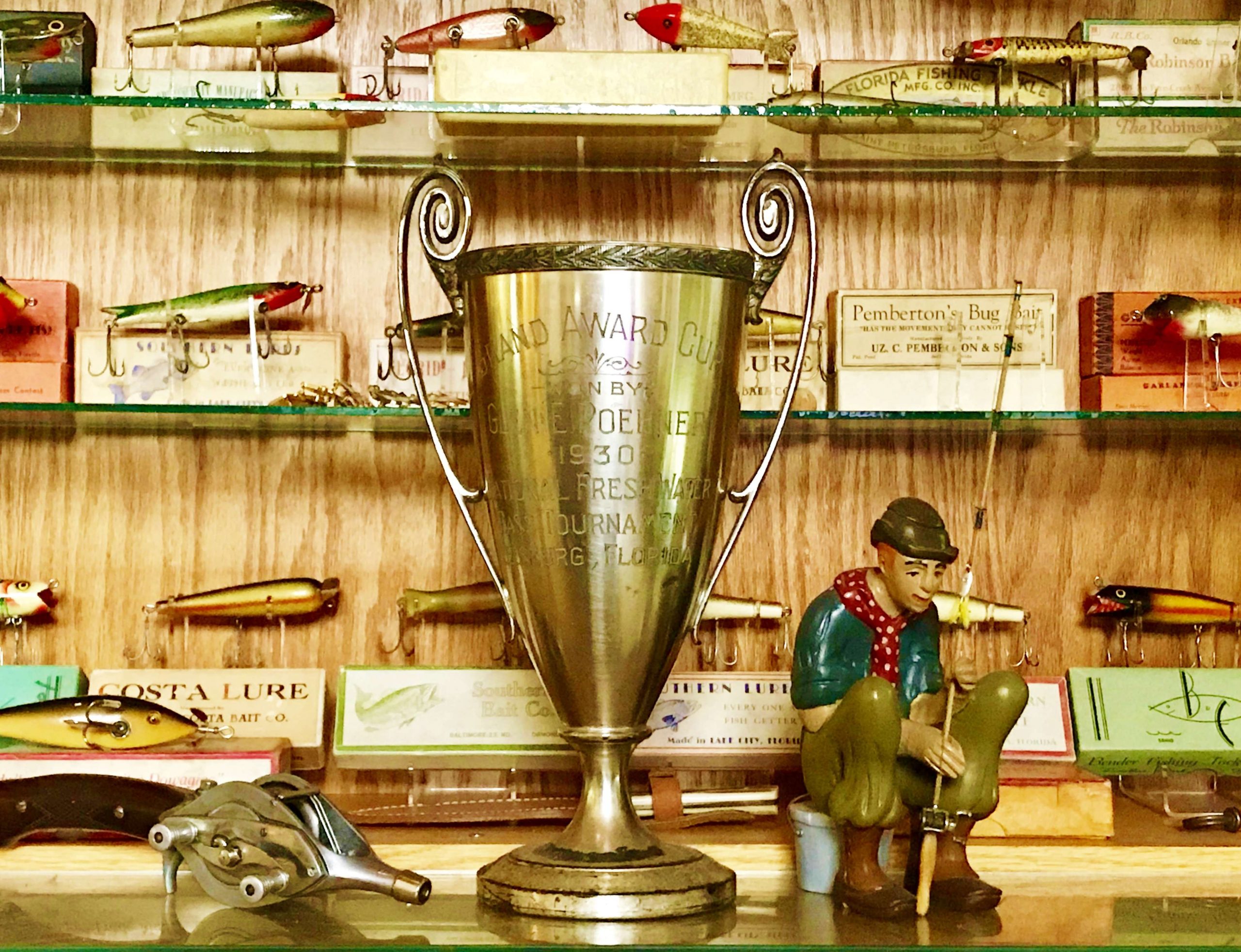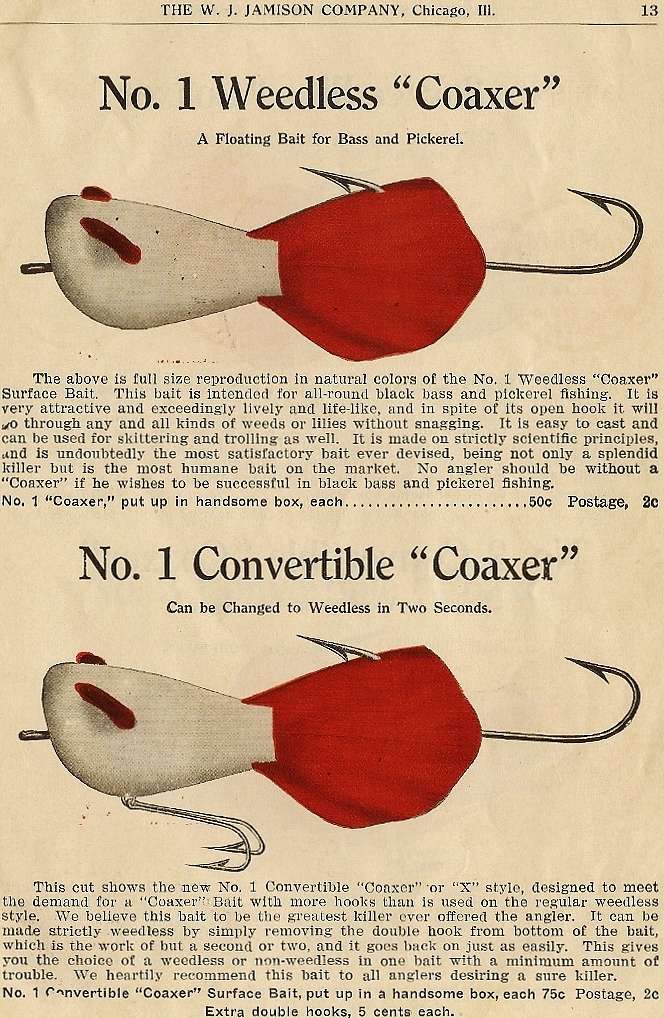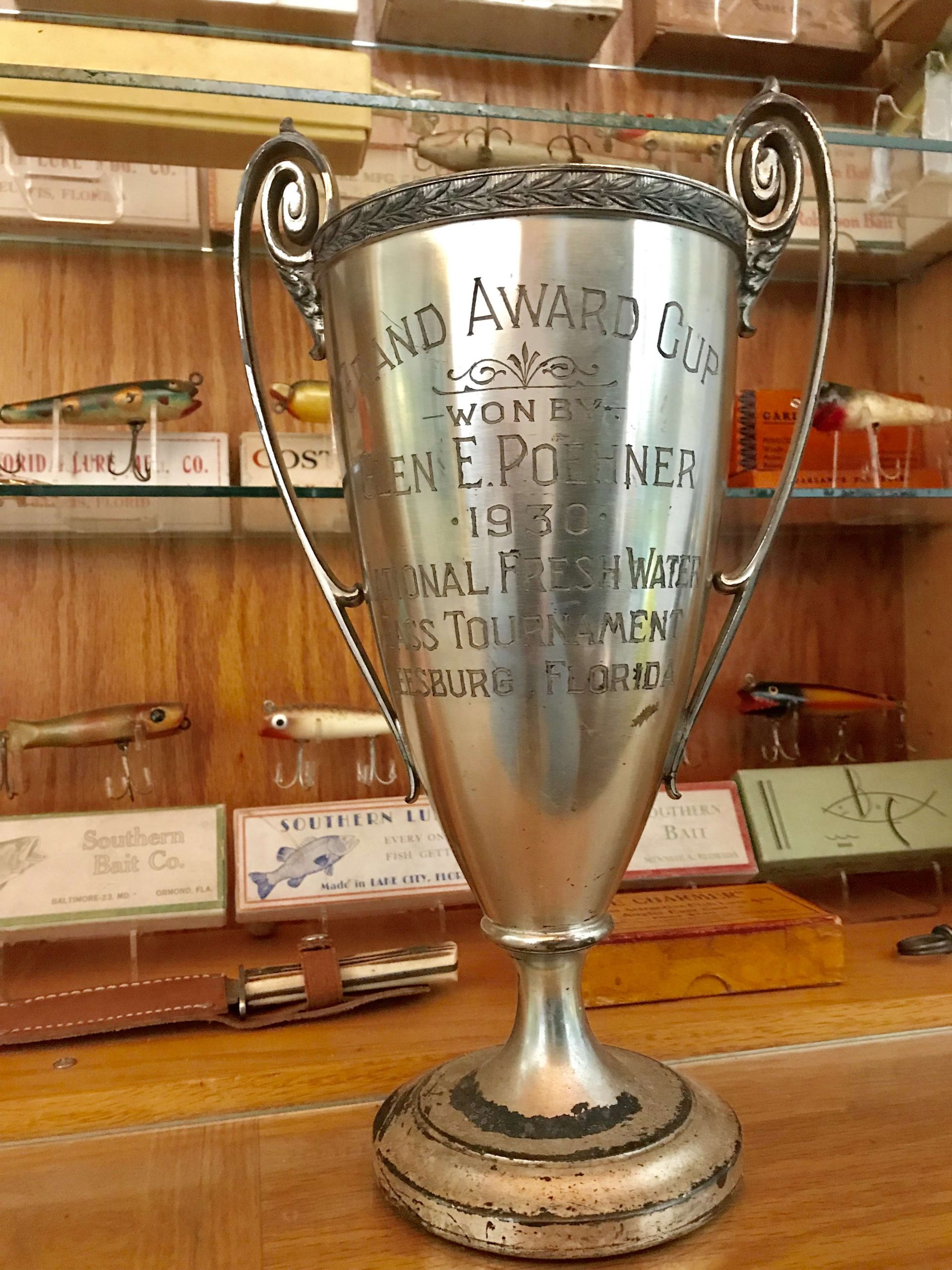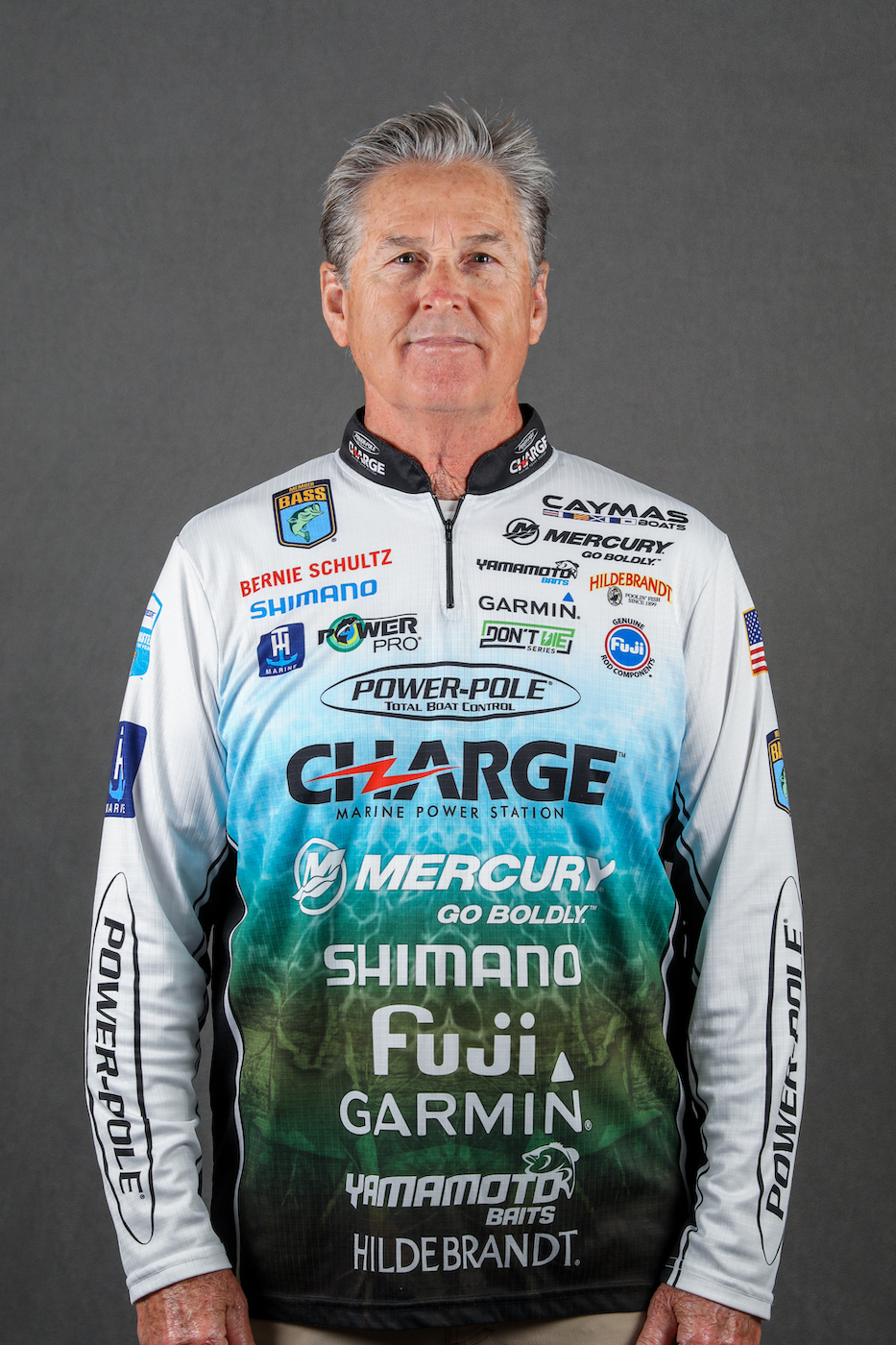
In part 1 of this column, I began the story of the “National Fresh Water Bass Tournament” that took place in 1928. Some history buffs believe it to be the first-ever, organized national bass competition.
Editor’s note: Read part 1.
That event was restricted to the waters of Lake County, Fla., and hosted by the City of Leesburg — the county seat. Enterprising council member D.E. Bovines saw it as a good way of attracting tourists to the area. To further encourage participation from out-of-state anglers, rules were set to prevent Florida residents from entering the competition — in theory, eliminating any local advantage.
Anyone interested in competing had to prove his or her non-residency, pay a $1 registration fee and possess a valid fishing permit. Later, as the tournament grew in popularity, the rules were amended to include a division for Florida residents.
So, with the eventual participation of resident and nonresident anglers, was this truly the first “national” bass competition?
The answer is … it depends.
Some historians would argue that the famous challenge between Ans B. Decker and Smilin’ Bill Jamison was the first, as that competition took place in 1910.
A battle of baits
Decker and Jamison were tackle industry titans, and both considered top-tier bass anglers of the day. Each manufactured his own brand of lures, and that sparked the battle.
Jamison believed his “Coaxer” could outperform any artificial lure on the market and issued a nationwide challenge to prove it. That challenge sat unmet for two years until Decker — with his “Decker Bass Bait” — accepted.

The competition was held at a neutral site in Ohio and ran for three full days. In the end, both claimed victory — Decker for the biggest fish caught, Jamison for the most fish caught — which sparked further controversy and subsequent debate that has lasted for more than a century.
While it is true their competition precedes the National Fresh Water Bass Tournament of Florida, I don’t feel it meets the requirements to tout itself as a “national” event. Yes, Decker and Jamison were from two different states, and they were competing in a third. But having a competition between two interstate rivals hardly seems “national.” Theirs was more of a duel.
Leesburg’s claim to fame
Nearly 20 years later, the town of Leesburg, Fla., established its National Fresh Water Bass Tournament. And according to fellow tackle collector Rick Osterholt, the competition ran annually from 1928 to 1934, but was suspended in 1931 and 1932 … likely a victim of depression era economics.
A longtime resident of Lake County, 58-year-old Osterholt has been searching for vintage fishing collectibles for more than two decades. During that time, he happened upon an old postcard promoting the Leesburg tournament, and that piqued his curiosity.
A 30-year member of B.A.S.S. and a regular in B.A.S.S. Nation events, he was curious about a competition held nearly a century earlier on his home waters. By researching old newspapers and periodicals, he uncovered considerable information — such as the names of the winners, the prizes they won and the fish that were caught.
Categories included the largest bass caught on artificial lure, largest bass caught by trolling and largest bass caught on fly rod — with divisions open to both men and women. The prizes consisted primarily of fishing tackle, with a cash award and trophy to the overall champion. The trophy — referred to as the “Silver Cup” — was coveted by all vying for it.
Toward the end of its run, the tournament was reformatted to allow entries by Florida residents, and the official competition waters were restricted to three lakes — Harris, Griffin and Silver. According to Osterholt’s research, the largest bass ever recorded was a 12 pound, 15 ounce behemoth caught by T.H. Farmer of Martin, Tennessee — on the very last day of the two-month competition in 1933.
Details like these add meaning for Osterholt.
“I’ve fished B.A.S.S. Nation tournaments for the past 20 years,” he shares. “And this year I qualified to compete in the B.A.S.S. Nation Team Championship, which took place here in Leesburg … on the very same waters as the National Big Bass Tournament series. And that makes it special to me.”
In summary
Whether you believe the Decker-Jamison duel qualifies as the first national bass competition or feel that distinction belongs to the Leesburg challenge, one thing is certain: bass fishing competitions have been going on for a very long time … probably as long as there has been tackle to catch them and anglers willing to wager.
To learn more about the National Fresh Water Bass Tournament, visit Rick Osterholt’s website, ShurStrikeLures.com.
Follow Bernie Schultz on Facebook or through his website.


